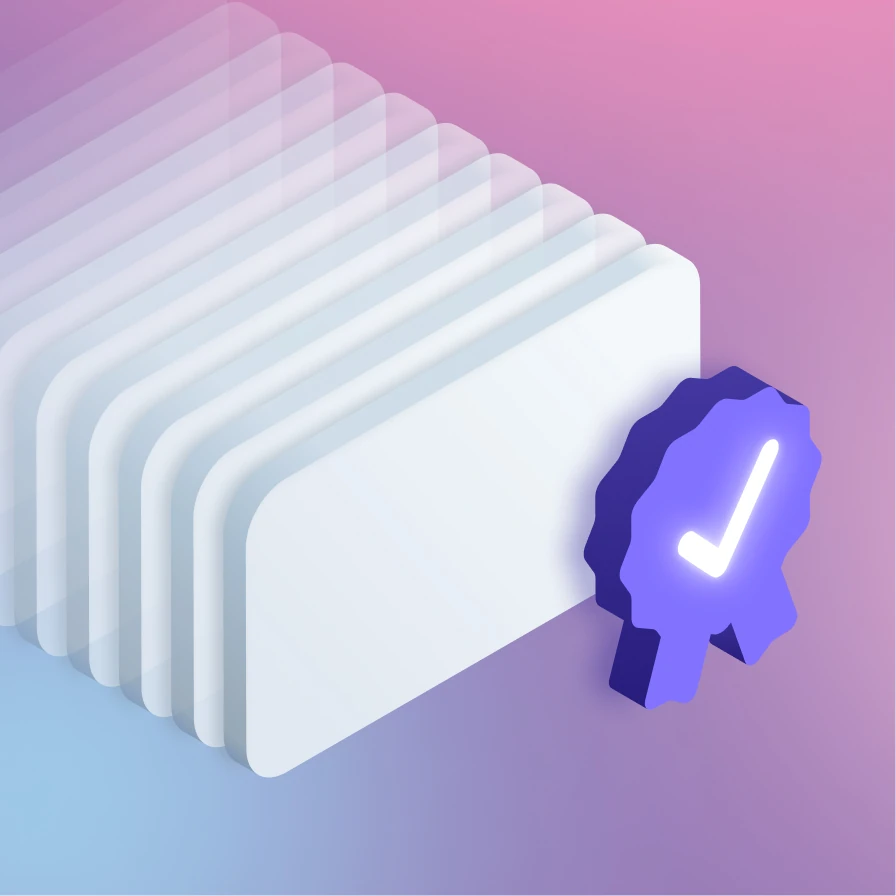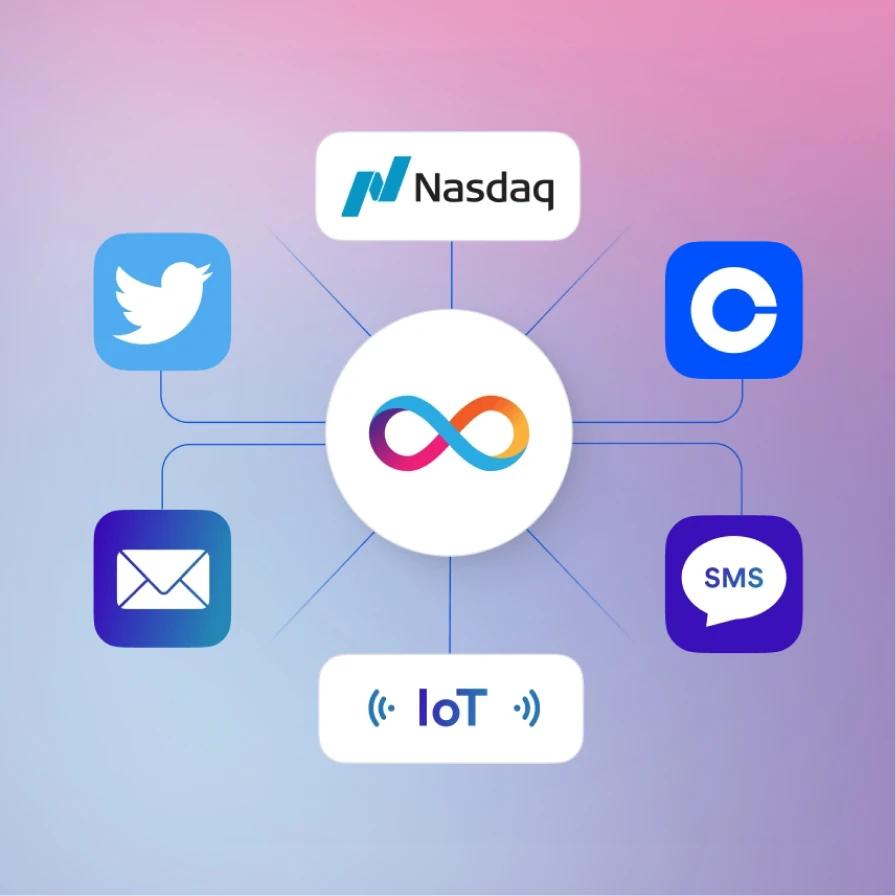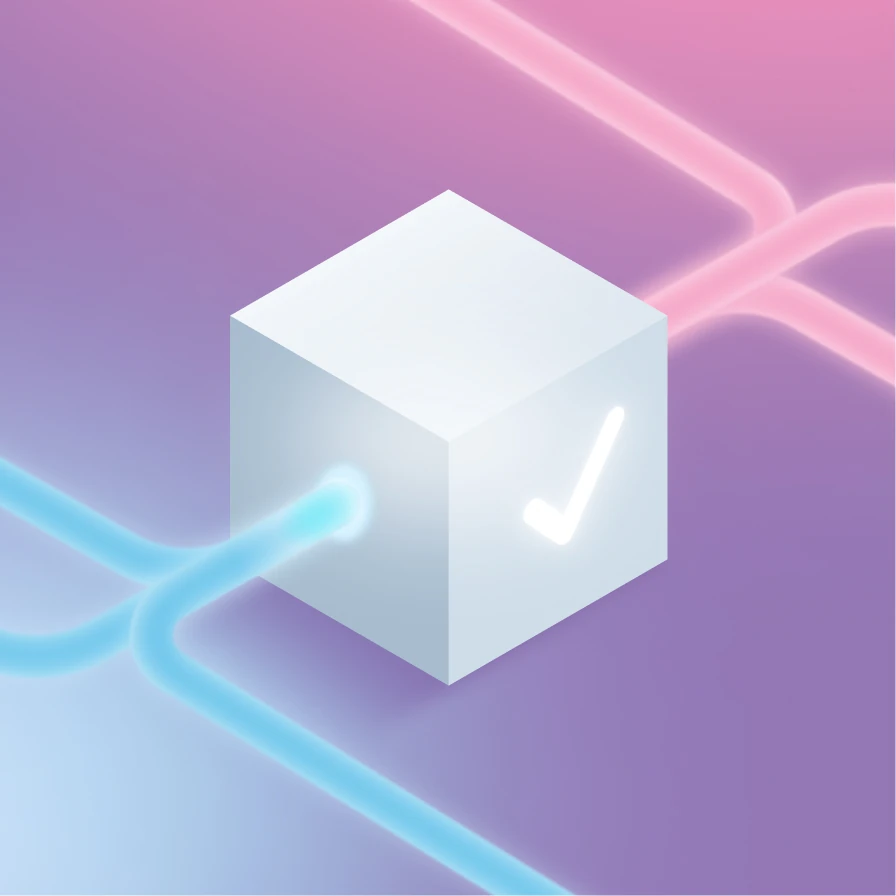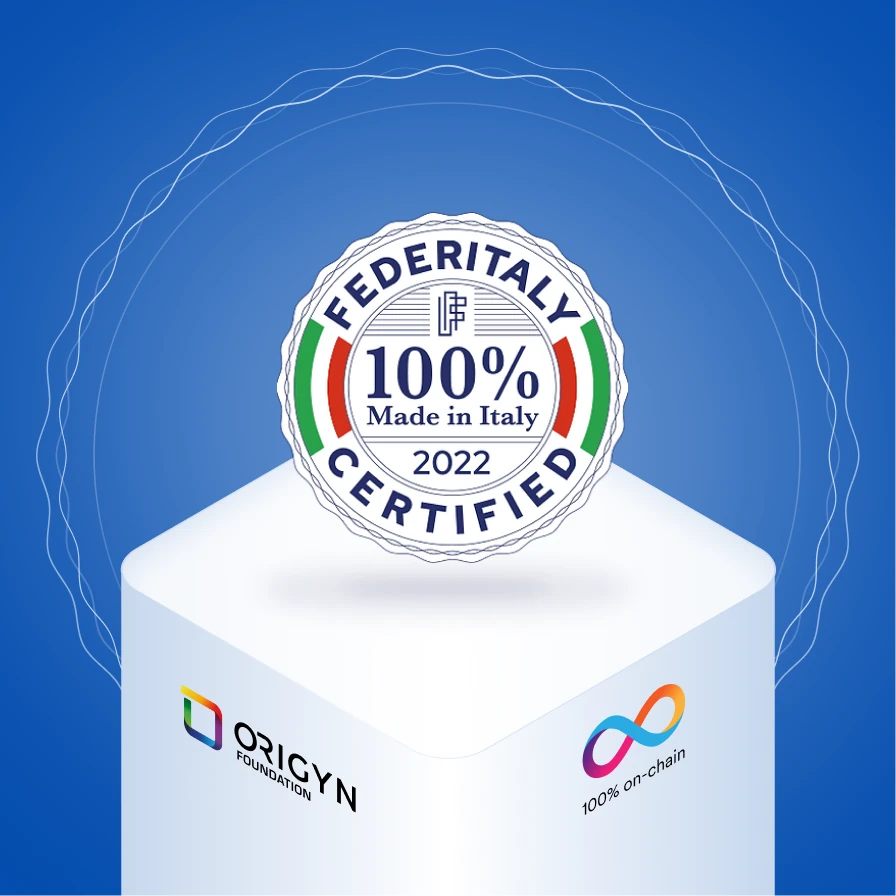Cloud 3.0
The future of cloud is serverless: for enterprise, government and Web3 applications.A truly autonomous cloud is one which is not controlled by a company or entity, but is public and decentralized like the internet itself. Now imagine a blockchain protocol that enables an autonomous serverless cloud that hosts data as well as logic, where software is tamperproof and unstoppable, can scale horizontally, and processes HTTP, where you can build sovereign systems and services that don't need the protection of firewalls...An efficient cloud that destroys intractable R&D, security and legacy software costs. A platform where you are building more simply using an advanced evolution of smart contract technology hosted on an all-new form of blockchain — the Internet Computer.

Legacy tech stacks, increasing development costs and fleeing talent are just a few of the blockers holding tech endeavors back from innovating and staying ahead of the competition — move forward by building on a serverless cloud that's an everything stack created by an advanced public network.
Why build on the
Internet Computer?

Serverless Computing
Enterprises and Web3 projects looking for serverless architectures to enable quick and agile development cycles that reduce infrastructure maintenance and operational costs can rely on the Internet Computer, a decentralized blockchain protocol.
The Internet Computer programming model is also similar to that of serverless clouds in that applications can be written in common languages such as Rust or Python. It is simpler, however, as state is maintained automatically without the need for developer intervention — a major advance in the field.
Serverless cloud addresses the $1.8 trillion global spend on IT personnel, the $900 billion spend on software, $600 billion spend on Big Tech's clouds, $224 billion spend on data center systems, $179 billion spend on cybersecurity, and the $50 billion cost of cybersecurity incidents, reported by Gartner.
Manage platform risk
Large-scale software systems relying on centralized cloud providers are subject to vendor lock-in, which can lead to increasing server costs or codebase refactoring.
The Internet Computer offers an alternative technology stack that's open and decentralized. Independently owned and operated "node machines," which are installed in independent data centers around the world, are connected by advanced network protocols to form a seamless serverless cloud that's stateful, tamperproof, unstoppable, autonomous and sovereign, upon which any system can be built. Its software — canister smart contracts — are compiled to WebAssembly, the new Web3 industry standard for cross platform, language agnostic, portable server executable code.
It's an open cloud where you can build sovereign enterprise infrastructure — which, just like the internet, doesn't have a corporate owner who can make arbitrary updates, and who has backdoors and kill switches.


Kill security costs & risks
The Internet Computer hosts tamperproof and unstoppable software systems and services, which don't need protection from firewalls, SIEM logging or other traditional cybersecurity frameworks.
Simply put, the Internet Computer has no backdoors through which hackers can pass, or hosted software or data can be attacked by viruses and ransomware. That's because it's a virtual platform created by advanced math — fault-tolerant network protocols and cryptography built by world class cryptographers, engineers and computer scientists in a project developed in hundreds of person-years of effort.
Now you can move beyond the security flaws of Legacy IT, to a world in which software is tamperproof and unstoppable by building on the Internet Computer protocol
Say goodbye to being hacked and encrypted by ransomware, slash your cybersecurity costs, and focus instead on optimizing business logic and creating delightful user experiences.
Built-in digital identity framework
No need to build proprietary identity solutions or rely on for-profit companies to keep user data safe and private. Internet Identity is a privacy-enhancing authentication framework native to the Internet Computer. Following the open standards of the FIDO Alliance and W3C, Internet Identity uses secure passkeys and WebAuthn that can be seamlessly integrated with any service running on the Internet Computer. Zero knowledge proofs enable users to privately share sensitive data.


Enterprise custody of digital assets
Chain-key cryptography and secure multiparty computation enable enterprise-grade custody of digital assets on the Internet Computer. Security built into the protocol reduces the complexity of digital asset custody associated with traditional solutions.
Tokenized business models
From loyalty programs to memberships and ticketing, businesses need to manage customer relationships to be successful. The Internet Computer provides a common digital wallet that makes the handling of digital assets and identities much simpler.
Organizations can effectively include their customers in the product development life cycle by leveraging built-in tokenized voting tools that are native to the Internet Computer, incentivizing users to actively participate.


Extending existing software with blockchain capabilities
Internet Computer smart contracts can both process and create HTTP requests, which allows them to host complete web apps on the blockchain, as well as directly make calls to APIs of any online service running on traditional cloud or elsewhere. This gives businesses the option to add blockchain capabilities to their existing software instead of developing the whole application on the blockchain from scratch.
Secure X-org collaboration
(coming soon)
Enterprises today face a choice of exchanging sensitive documents via emails with no audit trail of who accessed and edited them, or using expensive US hosted SaaS services with the associated vendor lock-in and geographical data protection issues. Onchain encryption enabled by 'Verifiable Encrypted Threshold Keys' (VETKeys) will enable customized cross-org workflows via tamperproof smart contract that store private data securely encrypted on chain.

Applications of autonomous cloud

Secure inter-org workflows
Privately share documents with other organizations and customers, using onchain encryption enabled by VETKeys.

Digital identity layer
Privacy-enhancing identity layer for seamless and secure authentication across systems and services/applications.

Tokenized reward programs
Simplify customer loyalty and employee reward programs using tokens.

Verifiable credentials
Share only the necessary personal information with other platforms.

Simple self-custody
Cryptographically secured user ownership of data, and digital assets.

Supply chain
Blockchain transparency and immutability for easy verification of authenticity.
The Internet Computer processes vast numbers of computational transactions daily, supporting enterprise cloud and blockchain-specific use cases.

Enterprises adopting the Internet Computer
100% made in Italy
FEDERITALY is a non-profit organization that promotes and protects Italian entrepreneurship. In collaboration with the ORIGYN Foundation, they are building a solution on the Internet Computer to improve their “100% made in Italy” verification service. Consumers benefit from product authenticity of origin certificates stored fully onchain and protected by tamperproof smart contracts.
See press release

NFTs as employee rewards
As part of their global rebranding to Pluxee, French multinational, Sodexo Benefits & Rewards Services partnered with Yumi NFT Marketplace on the Internet Computer to modernize their employee reward program and create a dynamic company culture within the organization. Pluxee launched an exclusive NFT collection (X Collection) for its 5'000 employees. Pluxee pledged to donate to the Stop Hunger Foundation for each employee NFT claimed.
More on the X CollectionInterested in running a pilot on the Internet Computer?
Committing to a new technology stack is a big decision. Speak with experts to get a better sense of how the Internet Computer could benefit your business.

